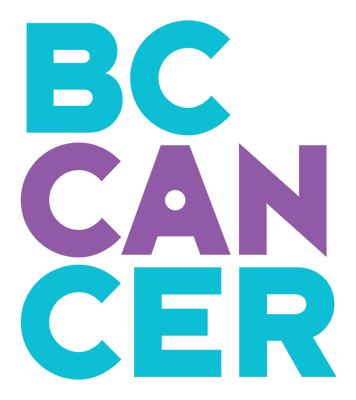Complementary and alternative therapies (CAM) may be used as part of an individual's choice within the process of cancer treatment, to seek to promote health, improve quality of life or encourage healing.
Because some CAM therapies can affect reactions to chemotherapy or radiation therapy, patients are encouraged to share their questions and decisions about CAM use with their health care providers.
Natural Medicines Database
BC Cancer subscribes to the Natural Medicines Database, an impartial research collaboration. Cancer patients wanting to use special diets, or herbs and supplements are welcome to ask at any of the BC Cancer libraries for information from this excellent resource
BC Cancer has provided patients with evidence-based information on CAM since first publishing "Unproven Methods of Cancer Treatment: a Manual for Patients" in 1987. This book was released in two further editions as the Unconventional Cancer Therapies Manual. The final edition of the UCT Manual was published in 2000. Many evidence-based websites on CAM therapies have become available since that time. Some of these trusted web resources are listed on the
BC Cancer Library Complementary and Alternative Medicine (CAM) Pathfinder. An excellent resource for Herbs and Supplements is available on the MedlinePlus website.
The Complementary and Alternative Medicine Education and Outcomes (CAMEO) Research Program was developed as a joint UBC School of Nursing and BC Cancer research program. Its on-going work is to transform complementary medicine (CAM) research into user-friendly information that can be shared with patients and health care professionals. While it is not providing individual consultations, many of its complementary medicine and cancer resources continue to be available on the
CAMEO site.
Natural Health Products and Breast Cancer (PDF)
Joint Recommendation from the BC Cancer Departments of Medical Oncology, Radiation Oncology, Surgical Oncology, Pharmacy, Nursing and Nutrition:
While undergoing chemotherapy, radiation therapy or surgery, the use of natural health products is not recommended.
Natural health products are vitamins, minerals, herbs and other supplements that you take on a regular basis as a natural medicine in addition to what you get from food. They are sometimes taken in higher amounts than can be obtained through your diet.
A regular strength multiple vitamin and mineral supplement is acceptable. Select a brand that is specific to your age group. The supplement should contain small doses of a wide variety of nutrients (high doses are not recommended).
Your doctor cannot predict the effect of taking natural health products during cancer treatment. Chemotherapy drugs and radiation therapy attack cancer cells in a variety of ways that are complex and not fully understood. Cancer therapies are developed to maximize damage to the cancer cells while minimizing damage to healthy cells. Natural health products could change this and prevent your treatment from achieving the desired effect, or increase side effects.
Natural health products may affect the way your body handles chemotherapy drugs. For example, St. John's Wort reduces the amount of one chemotherapy drug in the blood by about half. As a result, fewer cancer cells may be destroyed.
Your doctor needs scientific proof to be sure that it is safe for you to take natural health products during cancer treatment. It is important to compare groups of people in a research study to find out the effects of taking natural health products during cancer therapy. At present, these studies are not generally available, and the safety or benefit of taking natural health products during cancer treatment is unknown.
Food sources usually do not need to be restricted during cancer treatment. Your cancer care team will tell you if there are certain foods to avoid during treatment.
For more information on diet, please consult with a registered dietitian at your cancer treatment centre.
These recommendations provide guidance on the safety of using natural health products. This is a controversial area because of the limited amount of scientific information that exists at this time.
Please contact your doctor, pharmacist, nurse or dietitian for further discussion. Additional information may be obtained from the
BC Cancer Library.
Reference
Weiger WA, Smith M, Boon H, et al. Advising patients who seek complementary and alternative medical therapies for cancer. Ann Intern Med 2002;137:889-903.
NHP and Cancer Therapy.pdf

